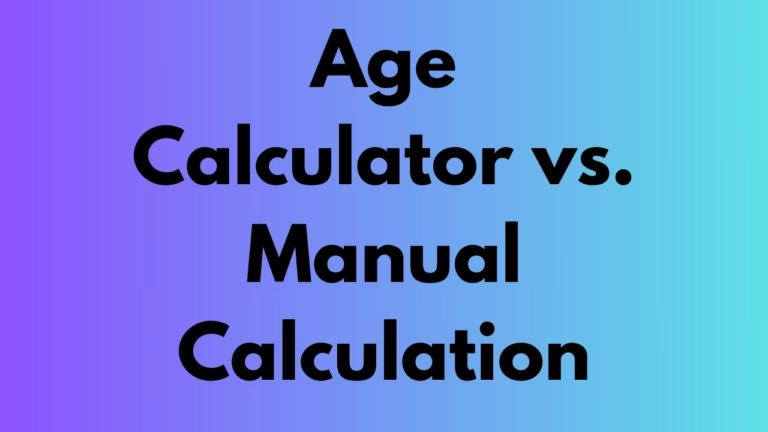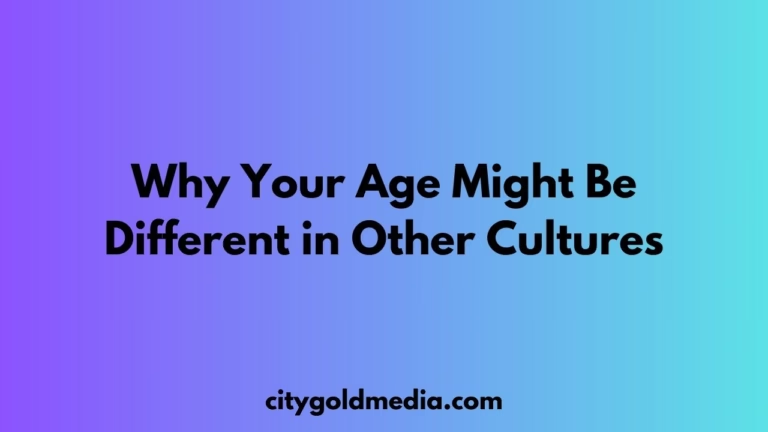The Science of Aging: How Your Body Changes Every Year
Aging is an inevitable part of life. As the years pass, your body undergoes a series of physical, cellular, and psychological changes. While some of these changes are visible, like wrinkles or grey hair, others occur silently within your organs and tissues. Understanding these transformations can help you prepare for the future and adopt habits that promote healthy aging. In this article, we’ll explore how your body evolves year by year and what you can do to maintain vitality.
What Happens to Your Body as You Age?
Aging affects every cell, tissue, and organ in your body. These changes begin as early as your 30s and progress gradually over time. Here’s a closer look at the key areas impacted by aging:
- Cellular Changes: Cells become larger and less efficient at dividing and repairing themselves. This leads to slower healing and increased susceptibility to diseases.
- Tissue Stiffness: Connective tissues lose elasticity, making blood vessels, airways, and organs more rigid.
- Organ Function Decline: Vital organs such as the heart, lungs, and kidneys lose their reserve capacity by about 1% each year after age 30.
- Muscle Mass Loss: Muscles shrink and lose strength, especially with a sedentary lifestyle.
- Bone Density Reduction: Bones become weaker and more prone to fractures due to mineral loss.
These physical changes are accompanied by shifts in metabolism, sensory abilities, and even mental health. The rate at which these changes occur varies from person to person based on genetics, lifestyle, and environmental factors.
The Science Behind Aging
Aging is driven by complex biological processes that affect your body at the molecular level. Some of the key mechanisms include:
- Telomere Shortening: Telomeres, protective caps on chromosomes, shorten with each cell division. When they become too short, cells stop dividing.
- Mitochondrial Dysfunction: Mitochondria produce energy for cells but become less efficient with age, leading to fatigue and cellular damage.
- Cellular Senescence: Old or damaged cells stop functioning but remain in the body, releasing harmful substances that contribute to inflammation.
- Oxidative Stress: Free radicals damage cells over time, accelerating aging processes.
- Loss of Proteostasis: The body’s ability to maintain protein balance declines, leading to the accumulation of misfolded proteins linked to diseases like Alzheimer’s.
These molecular changes not only influence how you age but also increase your risk for chronic conditions such as cardiovascular disease, diabetes, and neurodegenerative disorders.
The Impact of Aging on Different Body Systems
Your body systems experience aging differently. Here’s how some key systems are affected:
| System | Aging Effects |
|---|---|
| Cardiovascular System | The heart becomes less efficient at pumping blood; arteries stiffen, leading to higher blood pressure. |
| Skeletal System | Bones lose density; joints become stiffer due to cartilage wear. |
| Nervous System | Nerve cells decrease in number; reflexes slow down; memory may decline slightly. |
| Digestive System | The digestive tract slows down; nutrient absorption becomes less efficient. |
| Sensory Organs | Hearing and vision decline; taste buds lose sensitivity. |
| Immune System | The immune response weakens, increasing vulnerability to infections. |
How Lifestyle Choices Influence Aging
Your daily habits play a significant role in how you age. While genetics set the foundation for aging processes, lifestyle choices can either accelerate or slow them down. Here are some tips for healthy aging:
- Exercise Regularly: Physical activity helps maintain muscle mass, bone density, and cardiovascular health.
- Eat a Balanced Diet: Focus on whole foods rich in antioxidants, vitamins, and minerals to combat oxidative stress.
- Avoid Smoking and Excessive Alcohol: These habits can accelerate cellular damage and increase disease risks.
- Stay Mentally Active: Engage in puzzles, reading, or learning new skills to keep your brain sharp.
- Prioritize Sleep: Quality sleep is essential for cellular repair and overall well-being.
- Manage Stress: Chronic stress can hasten aging by promoting inflammation and hormonal imbalances.
Frequently Asked Questions (F.A.Q)
Q1. At what age do aging changes start?
Aging changes typically begin around age 30. Cellular repair slows down, organ reserve declines by about 1% annually, and visible signs like fine lines may appear.
Q2. Can lifestyle choices delay aging?
Yes! Healthy habits like regular exercise, a nutritious diet, stress management, and avoiding harmful substances can slow aging processes significantly.
Q3. Why do some people age faster than others?
The rate of aging varies due to genetics, environmental factors (like pollution), lifestyle choices (diet/exercise), and chronic stress levels.
Q4. Is it normal to experience memory loss with age?
Mild memory decline is normal due to reduced nerve cell activity. However, significant memory issues may indicate conditions like dementia or Alzheimer’s disease.
Q5. How does aging affect skin health?
Aging reduces collagen production and skin elasticity. This leads to wrinkles, dryness, and thinning skin over time.
Wrapping Up
Aging is a natural process that affects every aspect of your body. While it cannot be stopped entirely, understanding its science empowers you to make informed lifestyle choices that promote longevity and vitality. By staying active physically and mentally while adopting healthy habits early on, you can age gracefully while maintaining your quality of life. If you want to calculate your age, you can use our Age Calculator Tool to do it.



